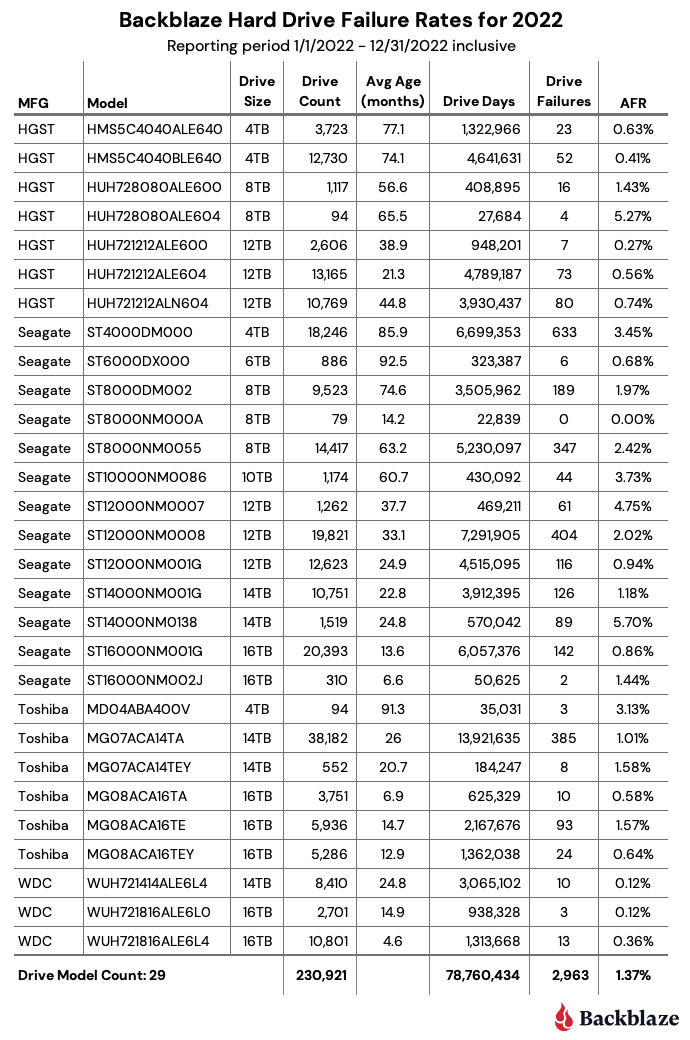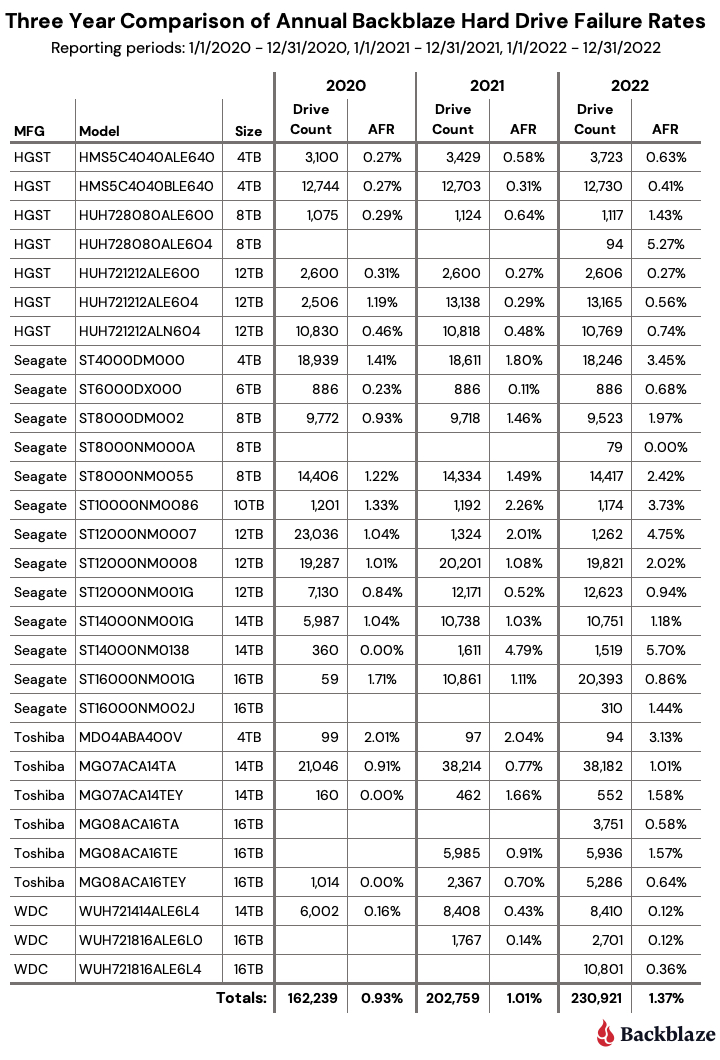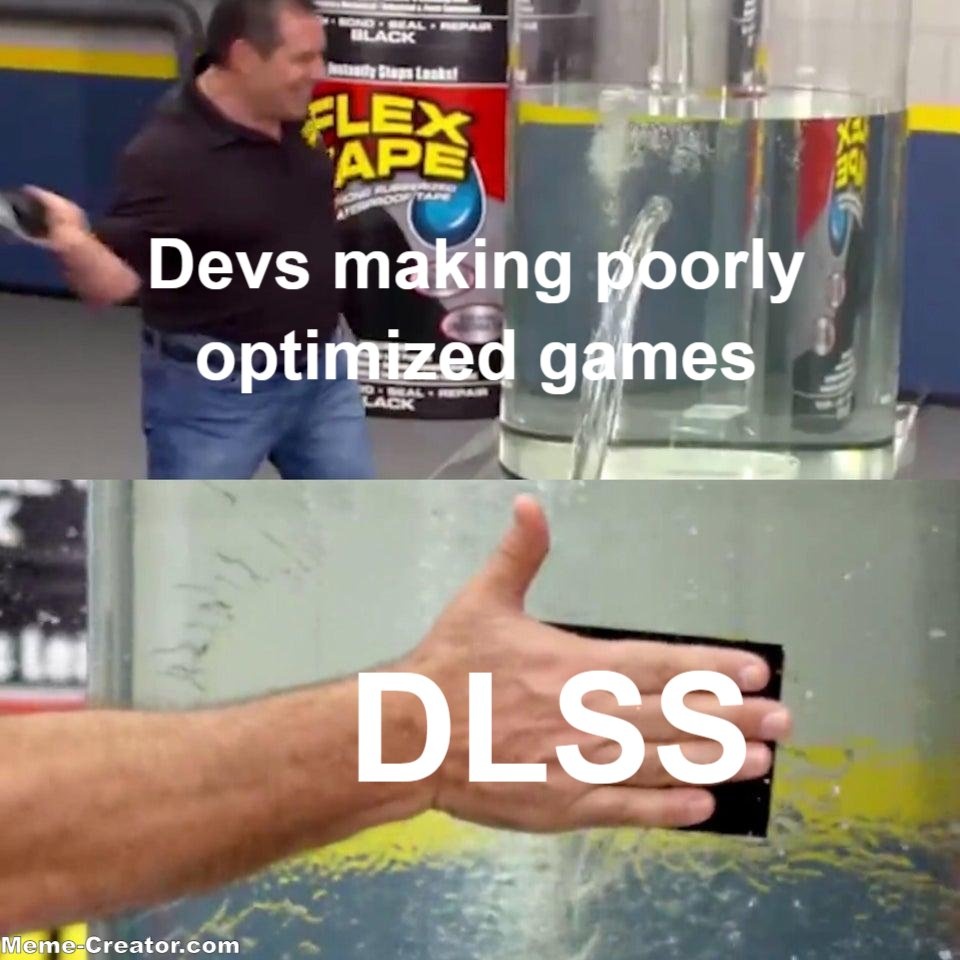Captain_Yuri said:
A: It is a pretty small improvement because a 6800U has a tdp of 28 watts. So if we compare the 28 watt 6800U to the 25 watt 7940HS, that's like 8-9% improvement. 6900HS also has a tdp of 35 watts... So in order for the 7940HS to get 2791 score, it needed to be bumped up to 54 watts... So that's a 54% increase in wattage for a 22% increase in performance... That's horrid... I expect better from AMD, that's for sure. B: Also a 3050 has nearly double the time spy score so it's not really close...
That's also some Intel logic you go there. Sure it can beat everything last gen at 25 watts but by 1-8% is pretty terrible... The Steam Deck does not have a Vega 8 GPU. I have no idea where you got that from. It has 8 RDNA 2 CUs and the APU runs at 15 watts. The point was that because of how inefficient the 7940HS is, Valve might be better off going with RDNA 2 solution or waiting for RDNA 4 to see if there will be bigger efficiency gains for the Steam Deck 2. |
A: Keep in mind that the 6800U also has more bandwidth to play with (LPDDR5-6400 compared to LPDDR5-5600), which certainly skews this in favor of the 6800U. And despite having more TDP headroom (28W vs 25W) and more memory bandwidth, the 6800U gets beaten by the 7940HS by about 9%.
B: I was wrong about the 3050, I thought it was weaker than that considering how bad the desktop version is, mea culpa on that one.
C: I meant RDNA2, no idea why I wrote Vega 8 there, maybe by association since it uses Zen 2 (it was pretty late). Still, Steam Deck just lingers between 1500-1700 points depending on settings, which is way below what the 780M achieves. Even at 15W, there would still be a healthy uplift, especially if paired with faster memory, as I'm fairly sure the 780M could go quite a bit higher if the Bandwidth wouldn't strangle it.
The Nintendo eShop rating Thread: http://gamrconnect.vgchartz.com/thread.php?id=237454 List as Google Doc: https://docs.google.com/spreadsheets/d/1aW2hXQT1TheElVS7z-F3pP-7nbqdrDqWNTxl6JoJWBY/edit?usp=sharing
The Steam/GOG key gifting thread: https://gamrconnect.vgchartz.com/thread/242024/the-steamgog-key-gifting-thread/1/
Free Pc Games thread: https://gamrconnect.vgchartz.com/thread/248138/free-pc-games/1/



































































